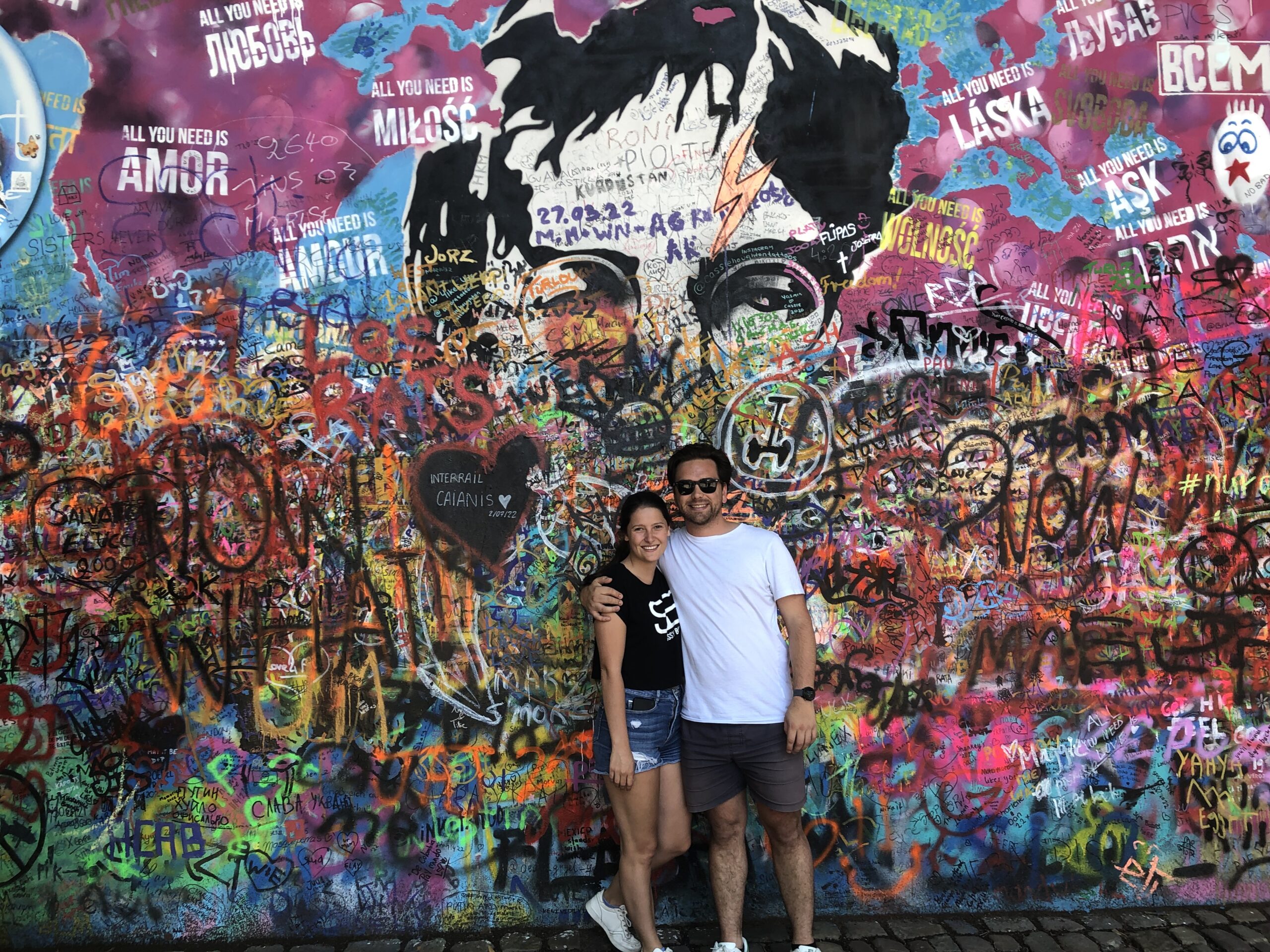Mvelo Nzimande
LLB Student
Semester Exchange in the Second Semester, 2022 at Bern University
Pre-departure:
I decided that I wanted to end my final year in a rather ceremonious way by going on exchange. Before this exchange experience, I had never even been abroad (unless you count Lesotho, Swaziland and Mozambique), so this was very exciting for me but also anxiety inducing. Also considering that I’m also doing probably my most challenging module (Company Law 471) this year, and so I had the added stress that I might struggle to keep up with the course work and potentially fail the module while on exchange. This fear alone almost made me decline the offer to study at the University of Bern, however I’m very glad I made the decision to go.
There were many things that I had to do before I left. For starters, I had to find a new tenant to take over my lease in Stellenbosch, and because I was going back and forth in deciding whether to even go on exchange, I began this process rather late. However, luckily enough I found a tenant one month before my departure. Second on the agenda was getting my Visa, which for Switzerland, one can only get from Pretoria. This meant that I had to travel via plane from Cape Town to Pretoria (and back) twice to get my Visa: the first time to drop-off my application documents (since they don’t work with courier services) and the second time to pick it up after it was processed. I remember when I had to go pick it up, it was a day before my second Law of Evidence test, which meant that I unfortunately had to study on the plane.
Third on the list of predeparture prep was buying the plane tickets to Switzerland. This was rather easy as I buy tickets from home (Durban) to Stellenbosch (and back) almost 6/7 times a year. The only tip I could give is for people who like me have never been abroad, to not be afraid to ask your parents to come with you for the first week. I was lucky enough to have my mom fly with me and help me settle in at Bern. This made that initial entry into a new country a little less scary. I had her and my exchange partner with me every step of the way. In general, my biggest word of advice would be to start all pre-departure prep as early as you can (i.e., VISA, plane tickets etc.) as this gives you a sort of buffer time for contingency plans in the event that things go awry.
Experience at the host university:
In Bern all of my courses were international law courses, and more interestingly they were all Master level courses since these were the only English options. My modules included international trade regulation, international investment law, international intellectual property and European data protection. In addition to these courses, I still continued with company law and the law of evidence remotely. What was nice about this arrangement, is that my academic work was shorter than what it would have been had I stayed in Stellenbosch and not gone on exchange. For instance, I had no lectures on Fridays. Of course, I still had my work cut out for me, however it was nice to have a three-day weekend to travel and catch up on anything I had not completed during the week.
Bern is a lot like Stellenbosch in that there is a lot to do, maybe even more to do since it is much larger. I am happy to say that a lot of shopping and site seeing happened – I mean when the public transport is so reliable you can’t help but explore. One can swim in the Aare River, take walks in the Könizbergwald forest, visit the Rosengarten for views of the old city of Bern, visit the Gurten hill for panoramic views of the entire city and much more. Might I add that these places look even more magical when it snows.

With regards to how the academic strain compares Stellenbosch, I can say that it is both easier and more difficult. It is easier in that there are less hours of class per week, the course content is not as difficult e.g., I found contract law, law of delict, law of succession, company law much more challenging. However, I think this might be because the only courses I could do were international law courses as opposed to the substantive law of Switzerland – which I can imagine is as difficult as South African substantive law. Further, for all of these courses I did not have assignments, or tuts, or requirements for class attendance. The catch is that for each of them there is only one exam that makes up all of your marks for that course. So, in essence you only have one opportunity to pass, which makes it more challenging than Stellenbosch.
Many of the lecturers also did not have English as their first language or their home language. For example, my lecturer for Investment was from Chile with a very strong Chilean accent. So sometimes it was hard to understand what he was saying. Lastly, all the exams were oral exams and were all scheduled in one week and although I enjoy oral exams it gets tough when you have four different lecturers who conduct them in four different ways. So, this was interesting to maneuver but I’m glad I did so successfully.
Return to Stellenbosch:
Exchange has most definitely given me the travel bug. I know that most definitely after my articles I will be travelling and perhaps even relocating to another country–maybe even Switzerland. I just love how everything works there and how easy life felt there. And because I’ve made so many friendships from exchange, I know that wherever I relocate to abroad I will have a friend nearby.
My return back was not too bad. I think a part of me was missing home a little and my family and friends. Obviously, December in South Africa is a festive season, so you know that everyone is making the most of their summer holiday, which was tough to miss out on. The only part that was difficult was saying goodbye to all my exchange friends as others were staying in Bern for a yearlong exchange.
What made my return back home all the better was seeing my entire family at King Shaka airport with balloons, flowers and huge cards. This was so lovely to see after a long 16 hours in the sky and 3 hours in Dubai. It was nice to know that my family missed me as much as I missed them.





